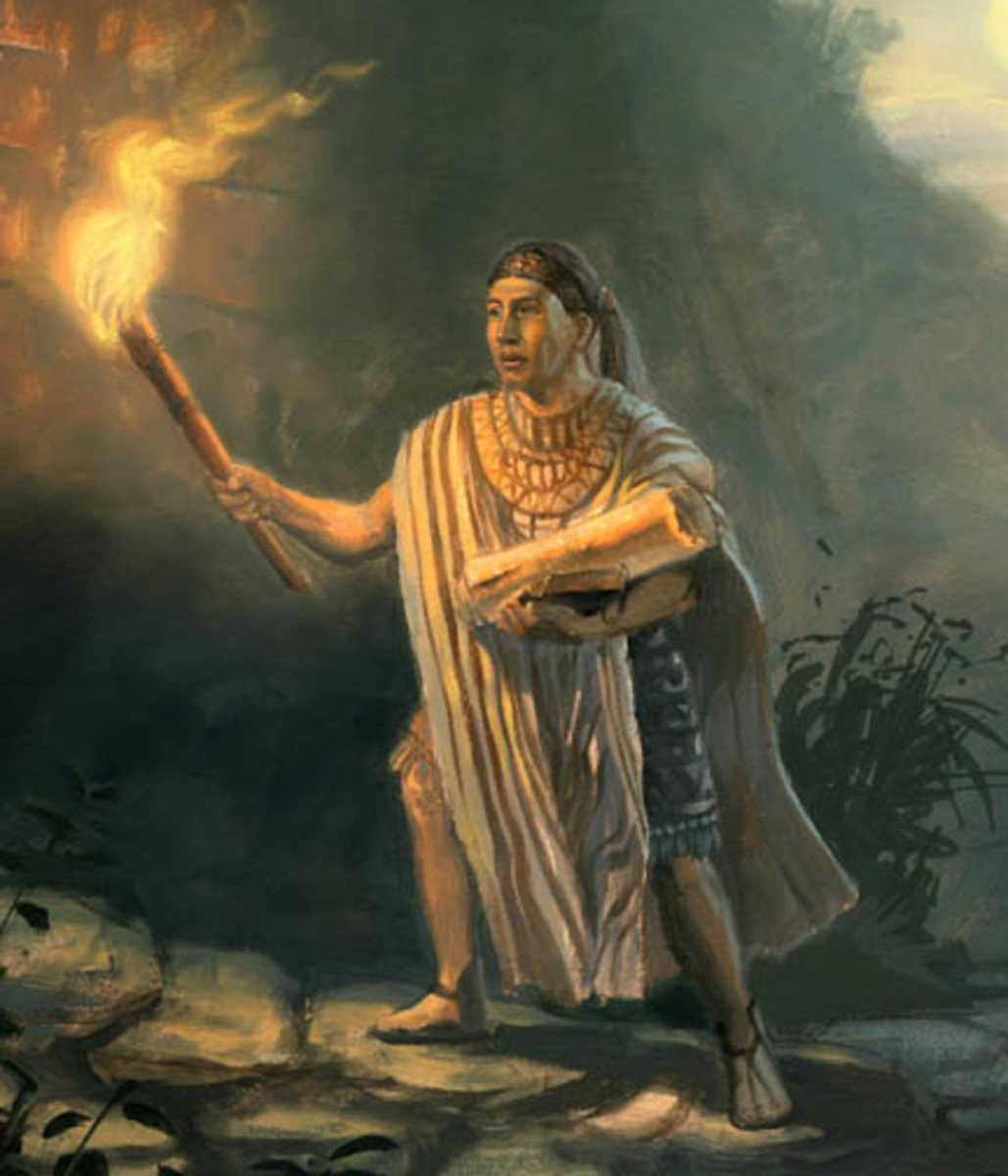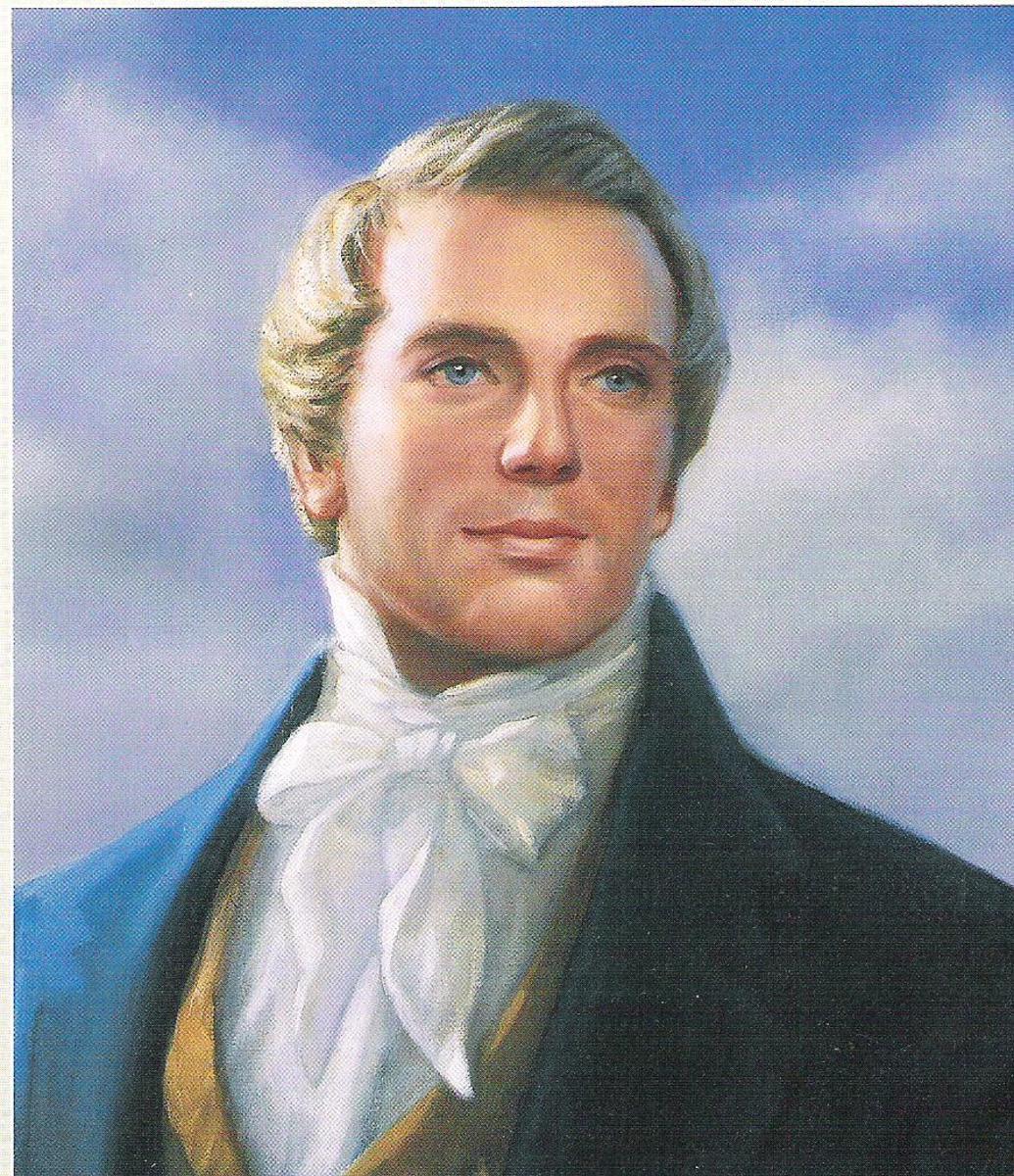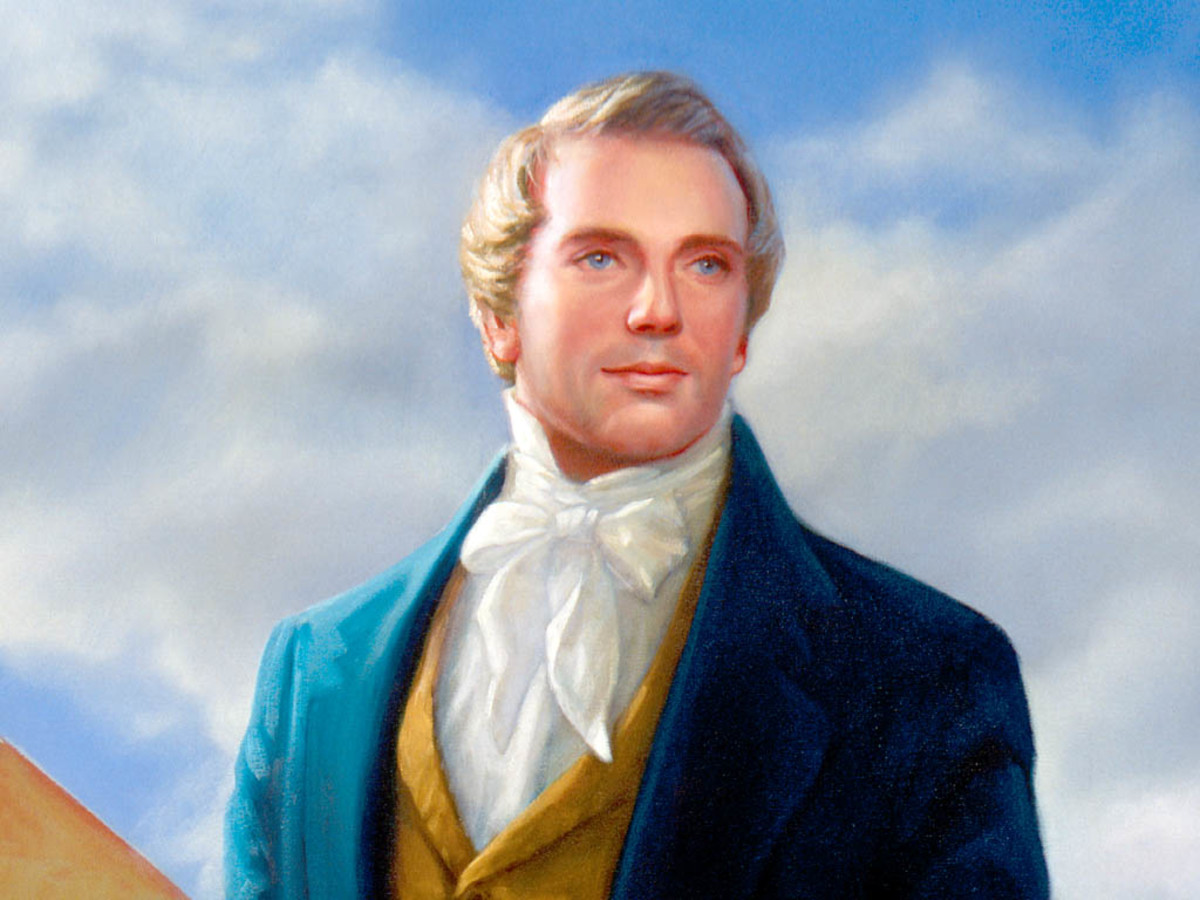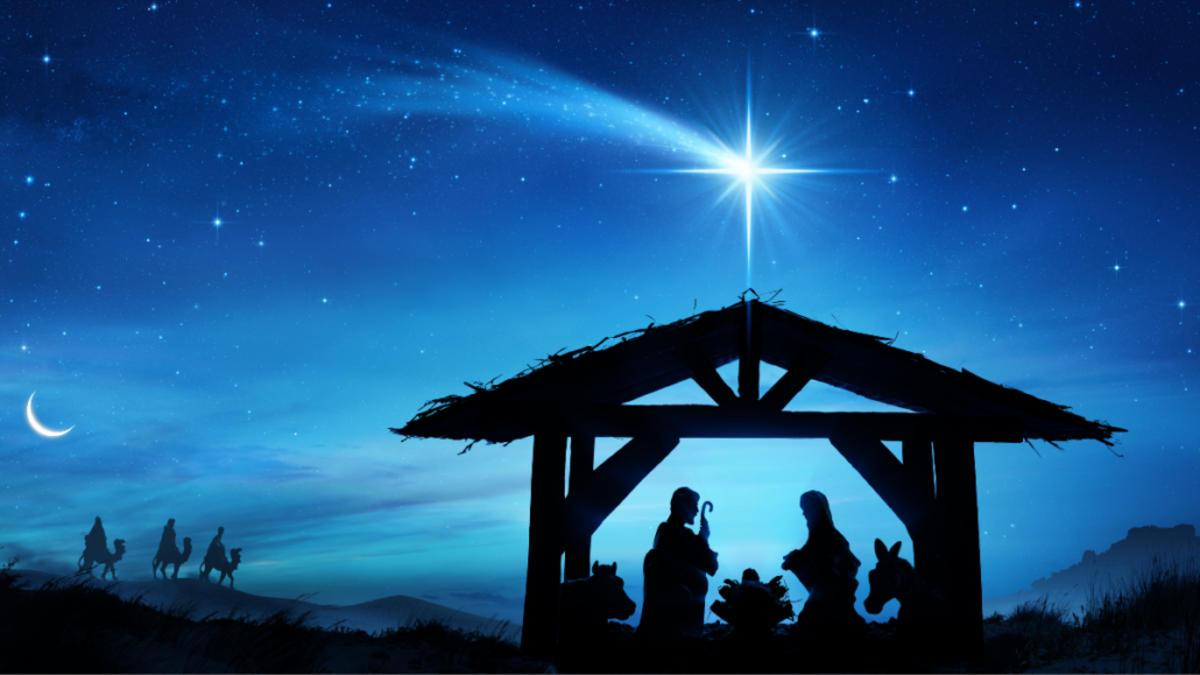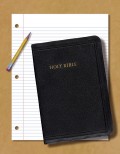Commentary on 'Praise to the Man'
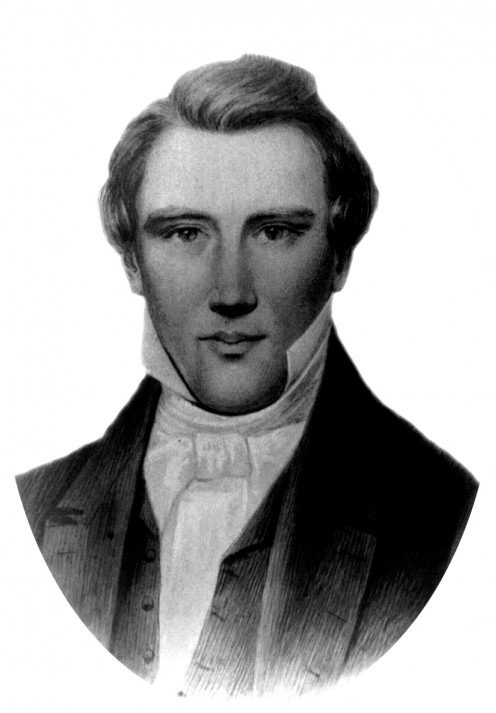
'Praise to the Man'
'Praise to the Man' is a canonical hymn of the church. It gives praises to one of our prophets. The hymn was written by William W. Phelps, and the music is from a Scottish folk song. The prophet Joseph Smith Jun. (or, modern "Jr.") is very important to us. As Moses, John the baptizer, and Adam the first man stand out to many believers; Joseph stands out to the latter-day saints. I do not even mention the Nazarene, because he is the center of our faith (what would we have without him?). Although we do not always want to pick favorites, I do love this hymn very much.
Praise to the man who communed with Jehovah! Jesus anointed that Prophet and Seer.
— 'Praise to the Man'First Two Verses
We believe and testify that Joseph Smith Jr. communed with, and was anointed by, the Lord Jesus. We accept and teach that Jesus is the Jehovah of the 'Old Testament'. This is a strong pillar of our beliefs.
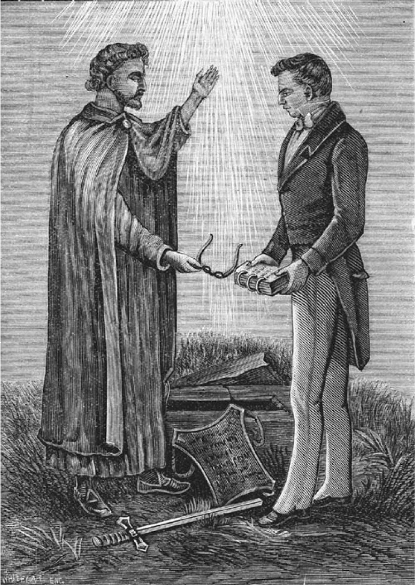
Blessed to open the last dispensation, Kings shall extol him, and nations revere.
— 'Praise to the Man'Third and Fourth Verses
Joseph Smith Jr. heralded the last dispensation. A dispensation is an era when G-d communicates with his people. Our religion is growing in fame and renown. How many royal members will sing praises for the prophet?
Hail to the Prophet, ascended to heaven! Traitors and tyrants now fight him in vain... Death cannot conquer the hero again.
— 'Praise to the Man' (Part of the Chorus)The Chorus
As has been said of Muhammad, Joseph has 'ascended to heaven' ('Praise to the Man'). No one can harm him anymore. He mingles with exalted beings. He is already dead, so his enemies can no longer harm him. By letting him live, what would have happened? However, as with the Lord, Joseph's martyrdom has made him a household name throughout the world. "To seal the testimony of this book and the Book of Mormon, we announce the martyrdom of Joseph Smith the Prophet, and Hyrum Smith the Patriarch." - D&C 135
Part 2
The second part of the hymn is equally gorgeous, but with an increasing hint of seriousness. We are reminded that Joseph "died as a martyr" ('Praise to the Man'). In 'Doctrines and Covenants' we read that "the reader in every nation will be reminded that the Book of Mormon, and this book of Doctrine and Covenants... cost the best blood of the nineteenth century to bring them forth for the salvation of a ruined world". Those are very powerful words. Joseph's death was not vain, nor insignificant; it was seemingly necessary for the Divine plan. Latter-day saints do not overlook this, nor any, martyrdom. Part two of the hymn is primarily concerned with the martyrdom.
'Praise to the Man'
Parts 3 and 4
Part three of the hymn continues to give praise to Joseph the man, as the title implies. I believe that part three's more relaxed form was intentional. Part four begins with a note on sacrifice (which the prophet certainly made). It goes on to note that "[e]arth must atone for the blood of that man" ('Praise to the Man'). This is followed by "[w]ake up the world for the conflict of justice" ('Praise to the Man').
I remember when I took a man to court who hit me while I was biking through a crosswalk. He stated that the sun was in his eyes. I lost that case. Where is the justice on Earth? Wake up! Be good! "Wake up the world for the conflict of justice" ('Praise to the Man')! In the scriptures we read that Joseph was "innocent of any crime" and that "their innocent blood on the banner of liberty, and on the magna charta of the United States, is an ambassador for" our religion (D&C 135). Dear sisters and brothers; I testify that Joseph Smith Jr. is a prophet, that 'The Book of Mormon' is the word of G-d, and that Jesus of Nazareth is the promised Messiah. I write all of these things in the hope that you will all come to believe in all things true, and in the name of Jesus Christ, amen.
Official 'Praise to the Man' Hymn
- Praise to the Man
This page contains an interactive player for hymns and children's songs
'Doctrine and Covenants' (D&C) Chapter 135
© 2019 Alexander James Guckenberger

